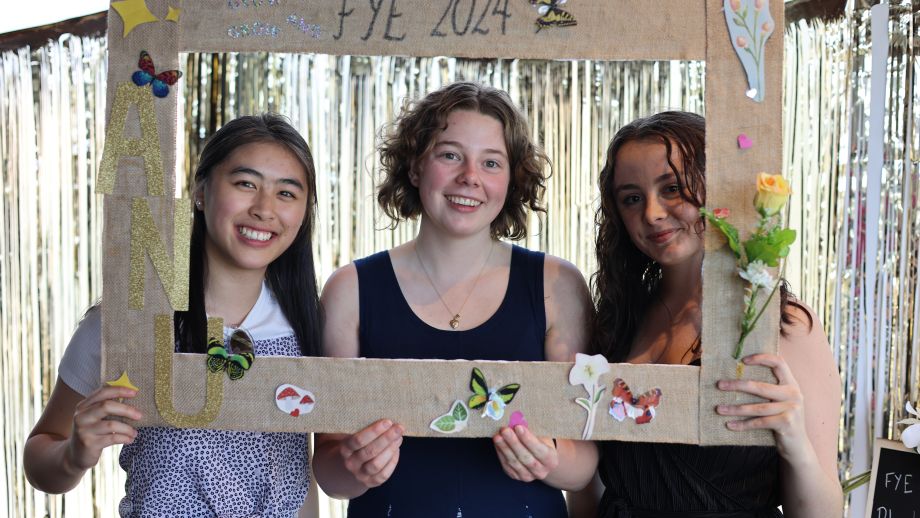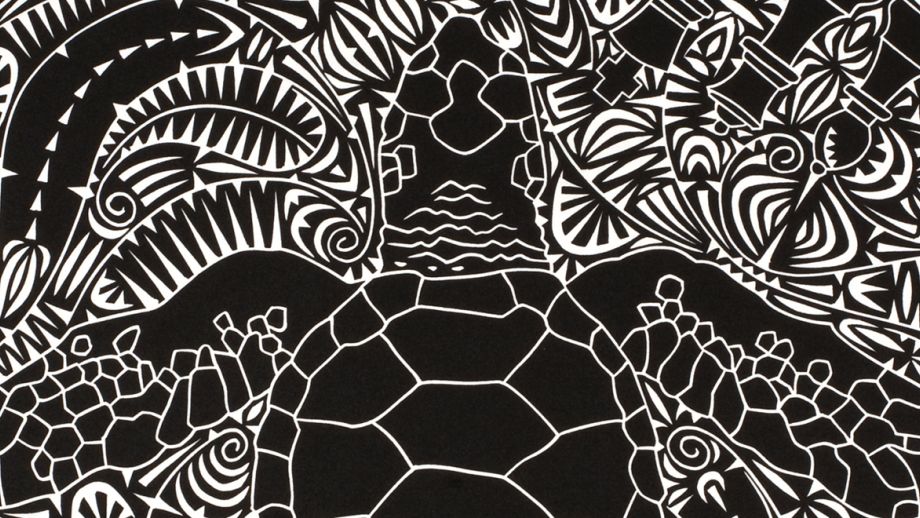Two years on: How will Russia's war on Ukraine end?
Presented by ANU College of Asia & the Pacific
As Russia enters its third year of war against Ukraine, we need to ask: how will this war end? But before we do that, let me take us back to my ANU Public Lecture in August 2022 when I set out the reasons why I thought Putin went to war.
Those reasons are:
1. The catastrophic collapse of the Soviet Union in 1991 and Yeltsin’s recognition of a separate country called Ukraine.
2. Putin’s belief that there is no such country as Ukraine.
3. Putin’s view that NATO’s expansion to the borders of the Soviet Union is an act of aggression.
4. Ukraine’s ambition to be a member of NATO is seen by Putin as a first-order strategic challenge to Russia.
5. Putin has now proclaimed a new strategic threat: the West is seeking to destroy Russia and Russia is now fighting for its “very survival.”
After revisiting these accusations, let us examine first, how the military fight is changing and what its prospects are for winners and losers; second, what are the possibilities for a ceasefire and negotiations aimed at an enduring peace; third, what are the risks of this war extending further into neighboring NATO countries; and fourth what are the implications for China’s attitude to using military force against Taiwan?
Finally, if the aim of the US and its NATO allies is to “defeat” Russia how will this be achieved against a country with 1500 strategic nuclear weapons? And what would a defeated Russia look like? A Weimar Germany? Or can we conceive of other outcomes under a new Russian leadership?
About the speaker
Paul Dibb is Emeritus Professor of strategic studies at the Strategic and Defence Studies Centre in the College of Asia and the Pacific at the ANU. He was Head of the Centre from 1991 to 2004. His previous positions include Deputy Secretary for Strategy and Intelligence in the Department of Defence, Director of the Defence Intelligence Organisation, and Head of the National Assessments Staff in the National Intelligence Committee.
He wrote the 1986 Review of Australia’s Defence Capabilities (the Dibb Report) and was the primary author of the 1987 Defence White Paper. His 1986 book The Soviet Union: The Incomplete Superpower received international acclaim. His most recent book, published by MUP in 2018, is called Inside the Wilderness of Mirrors: Australia and the Threat from the Soviet Union in the Cold War and Russia Today.
If you require accessibility accommodations or a visitor Personal Emergency Evacuation Plan please contact the event organiser.
Location
Building 188 Fellows Lane
Acton, ACT, 2601
Speakers
- Emeritus Professor Paul Dibb
Contact
- Kian



